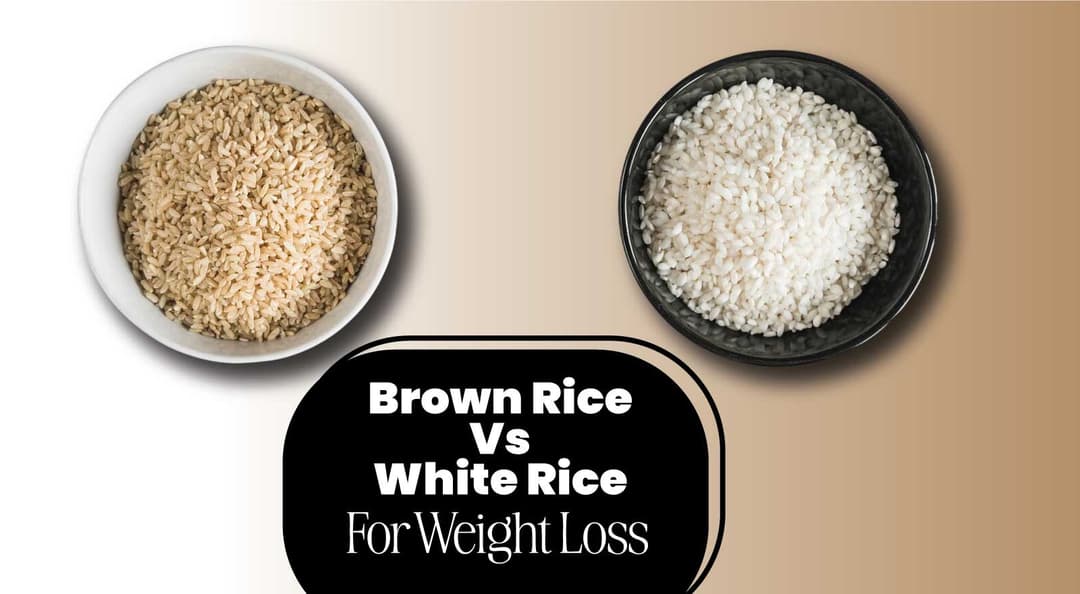Alcohol of many kinds, including wine, is and has been a part of people's evening routine for centuries, and it doesn't look like it's going away anytime soon.
Wine is considered one of the healthier alcoholic beverages, and while occasionally drinking one or two glasses of wine is fine (and maybe even good for your health), drinking wine every night may come with potential side effects.
In today's blog, we will look at side effects of drinking wine every night and how it can harm your health and well-being.
Table of Contents
- How Does Wine Affect The Body? 8 Side Effects Of Drinking Too Much Wine
- What Happens If You Drink Wine Every Night?
- Expert’s Advice
- The Final Say
- FAQs
- References
How Does Wine Affect The Body? 8 Side Effects Of Drinking Too Much Wine

The following are the side effects of drinking wine every night:
1. Disrupts Sleep
One of the side effects of drinking wine (or any alcohol) is that it can disrupt your sleep. Although people often feel drowsy or more drowsy after drinking, leading them to believe that alcohol helps them sleep, this feeling does not last. Instead, according to the Handbook of Clinical Neurology, alcohol can shorten the amount of time a person is in the REM cycle and cause sleep disturbances throughout the night.
So, if you think that a glass of wine will lull you to a faster, more restful sleep, you'll be disappointed to know that it can also wake you up in the middle of the night. Consider practising mental exercises for better sleep if you experience disrupted sleeping patterns.
Also Read: Struggling To Sleep? Unravel The Causes Of Insomnia In Women And Its Treatments!
2. Blocks Folate Absorption
Alcohol blocks the absorption of folate, a B vitamin that helps build DNA and is essential for accurate cell division. Alcohol also deactivates the folate in the blood and tissues, which may lead to an increased risk of cancer in some people.
3. Affects Your Medication
According to the National Institute on Alcohol Abuse and Alcoholism, alcohol interacts in various dangerous ways with many medications, including acetaminophen, antidepressants, anticonvulsants, pain relievers and sedatives.
Mixing alcohol with some medications can potentially lead to drowsiness, nausea, headaches or, in some cases, fainting. It can also make antibiotics useless, so read the warnings on all medicines before having an evening glass of wine.
4. May Increase The Risk Of Breast Cancer
Your daily wine habit can increase the risk of breast cancer, even in moderate consumption. According to a review published by Breast Cancer Research, as little as 18 grams of alcohol per day was associated with this increase. One serving of wine is typically 150ml, which contains nearly 12-18g of alcohol.
5. Increases The Risk Of A Fast Heartbeat
Frequent drinking of small amounts of alcohol can increase the risk of atrial fibrillation or an abnormally fast heartbeat. Korean researchers looked at data from more than 9.7 million patients to see how many developed heart disease. They found people who drank every day had the highest risk compared to those who drank alcohol once or twice a week.
Keep your heart health safe by taking supplements such as Fish Oil and Krill Oil Capsules.
6. Weight Gain
Wine contains a significant number of calories with little nutritional value. A glass of wine contains about 120-130 calories, and depending on how much you consume, these calories can add up quickly. Drinking wine regularly contributes to an increase in total calorie intake, which may lead to unexpected weight gain.
Apart from that, alcohol affects your metabolism by slowing down the body's ability to burn fat, prioritising alcohol metabolism over fat burning. This results in fat being stored rather than used as energy. Additionally, alcohol stimulates appetite, and people often eat more while drinking, especially foods that are high in fat and calories, which further promotes weight gain. Over time, this can lead to an unhealthy weight gain.
Also Read: 18 Weight Loss Mistakes To Avoid With Solutions For Sustainable Results!
7. Addiction & Dependence
Excessive consumption of wine can lead to alcohol addiction or alcohol use disorder (AUD). Alcohol dependence develops when the body becomes physically reliant on alcohol to function.
Symptoms of addiction include cravings for alcohol, withdrawal symptoms (like tremors, sweating, and nausea), and an inability to control the drinking despite negative consequences like health issues, relationship problems, or poor work performance. Long-term addiction can affect nearly every part of one's life, from personal relationships to professional functioning.
Also Read: 7 Best Yoga For Stress Management And Its Instant Benefits!
8. Mental Health Issues
Chronic consumption of wine significantly impacts one's mental health. It alters their brain chemistry and interferes with neurotransmitters that regulate mood, sleep, and emotional responses.
In the long term, drinking wine can lead to increased anxiety, depression, and mood swings. Regular heavy drinking disrupts the balance of chemicals in the brain, leading to mental health challenges such as anxiety disorders, depression, and even more severe psychological conditions like alcohol-induced psychosis. Additionally, alcohol can impair cognitive function, leading to poor decision-making, memory problems, and difficulty focusing.
Also Read: 5 Mental Health Exercises To Boost Concentration Levels And Brain Functioning
Expert’s Advice
While drinking wine or any other alcohol occasionally is fine, do not make a habit of consuming it regularly, as even one glass every day can be harmful to health. Additionally, do not drink on an empty stomach. Have a light snack or meal before drinking any alcohol. Also, drink plenty of water so you don't get dehydrated. Stick to the one alcoholic drink per hour rule.
Health Expert
Lavina Chauhan
The Final Say
While moderate consumption of wine has been linked to certain health benefits, drinking wine every night carries several risks that outweigh potential gains. Regular alcohol intake can disrupt sleep, impair medication efficacy, and increase the risks of breast cancer, atrial fibrillation, and liver disease.
While some evidence suggests moderate drinking may reduce risks of conditions like neurodegenerative diseases, the protective effects are small and heavily influenced by lifestyle factors. The key takeaway is balance—occasional wine enjoyment may fit a healthy lifestyle, but nightly consumption can pose serious health risks.
FAQs
1. Can two glasses of wine a day cause liver damage?
Any amount of alcohol consumption can cause liver damage, but drinking more than two drinks a day consistently may considerably increase the risk of liver disease.
2. Is drinking wine every day harmful?
Long-term drinking of large amounts of wine can cause many serious health problems, including addiction, liver problems and some types of cancer.
3. What happens if you drink wine every day?
Drinking wine every night can lead to weight gain, liver damage, and mental health issues like anxiety and depression. Over time, it may also increase the risk of addiction and chronic diseases.
References
- https://www.medicalnewstoday.com/articles/265635#summary
- https://www.healthshots.com/hindi/mind/do-you-feel-angiety-in-the-morning-after-drinking-alcohol-at-night-so-you-are-the-victim-of-hangness/
- https://www.houstonmethodist.org/blog/articles/2021/nov/is-having-a-glass-of-wine-a-day-good-bad-or-neither/
- https://www.gatewayfoundation.org/blog/effects-drinking-wine-everyday/
- https://consensus.app/home/blog/is-drinking-a-bottle-of-wine-each-night-harmful-to-health/
- https://www.northernillinoisrecovery.com/is-drinking-wine-every-day-bad-for-your-health/
- https://www.medicinenet.com/is_it_ok_to_drink_wine_every_day/article.htm
- https://www.verywellfit.com/what-glass-wine-day-does-your-body-4864161
About ToneOp Fit
ToneOp Fit is a platform dedicated to improving and maintaining good health through a comprehensive range of goal-oriented health plans with up to 3 Coach support. With a range of Weight Management, Medical Condition, Detox Plans, and Face Yoga Plans, the app also provides premium health trackers, recipes and health content. Get customised diet, fitness, naturopathy & yoga plans and transform yourself with ToneOp.










































